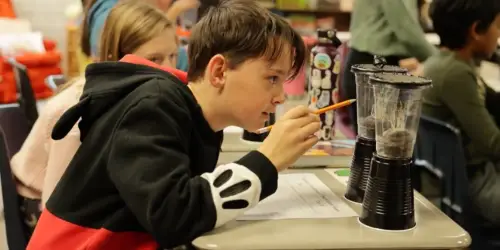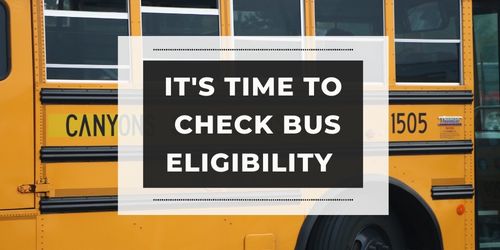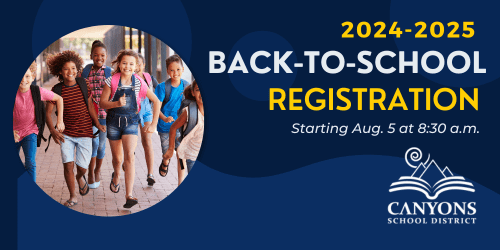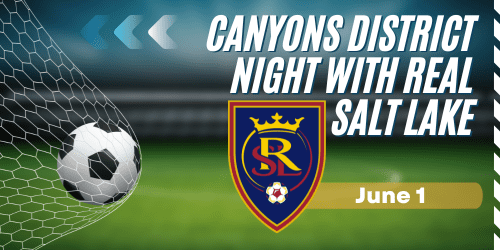
Apply Now to Test Into Specialized Classes for Advanced Learners
In Canyons District, we believe all children deserve an education matched to their highest aspirations, interests and needs — including advanced learners. If your child has an insatiable curiosity, a







